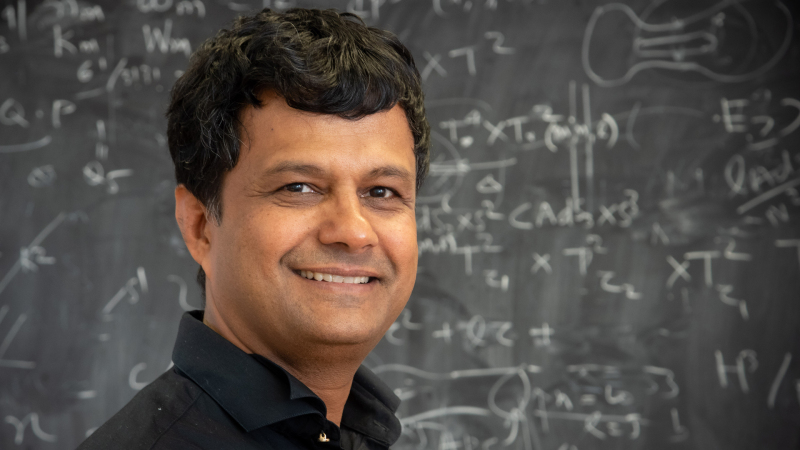In his speech at the Nobel Banquet in 1979, Abdus Salam, the founding director of ICTP and TWAS, captured succinctly the essence of the mission of both these institutions: “Let us strive to provide equal opportunities to all so that they can engage in the creation of Physics and science for the benefit of all mankind.“
Across the developing world, many researchers still lack the opportunities enjoyed by their colleagues in wealthier regions. This is where research grants take centre stage: they provide essential support to those striving for research excellence in the global South.

Research grants award financial support to those who apply for it through a competitive process. They allow scientists to purchase equipment, tools, supplies, and research journals as well as cover publishing and conference fees, and support staff.
At TWAS, research grants have been a cornerstone programme since the 1980s, with over 2,700 grants awarded. Behind this impressive figure are many stories of not only single researchers, but of research groups and research institutions who have benefitted from them—accomplishing the core mission of TWAS to build science in the global South.
This newsletter includes a handful of these stories, and they show that the positive impact of a grant can have a cascading multiplier effect. When scientists establish a career in research in their own country, they also mentor the next generation of scientists and strengthen science on the national level. This, in turn, empowers developing countries to use science to tackle major challenges such as the climate crisis and biodiversity loss, ultimately advancing the global scientific enterprise.
The international community has long recognized that healthier, fairer societies require Science, Technology and Innovation (STI). Science is in fact intertwined with several of the Sustainable Development Goals (SDGs) and is key to achieve all the SDGs. Recently, the United Nations General Assembly has proclaimed 2024 to 2033 as the International Decade of Sciences for Sustainable Development (IDSSD). In the resolution adopted on 25 August 2023, the UN body proclaimed this decade “to represent a unique opportunity for humanity to use the critical role that sciences play in the pursuit of sustainable development”.
The global scientific community must seize this opportunity. Engaging with policymakers at the local, national, regional, and global level, they can advocate for proper funding for research, and promote an environment where scientific institutions are welcoming to new voices, and new ideas. The Research Grant Programme at TWAS will continue to play its role in these endeavors, one grant at a time.
Atish Dabholkar
ICTP Director and TWAS Executive Director a.i.

